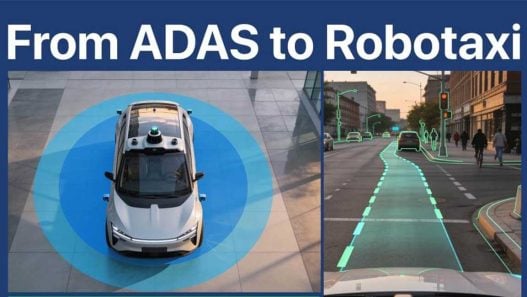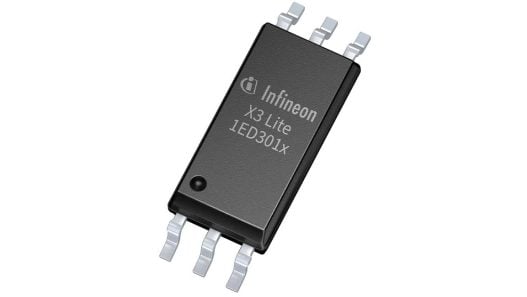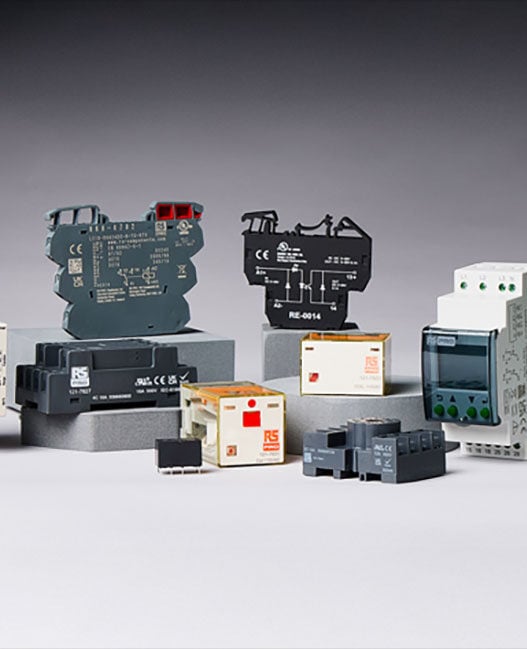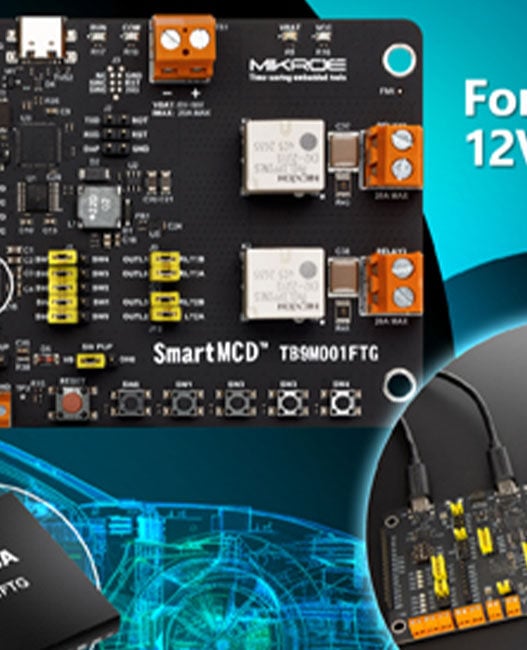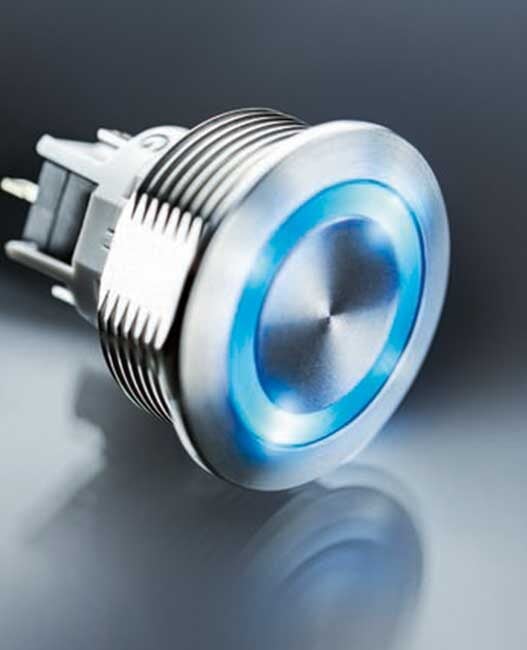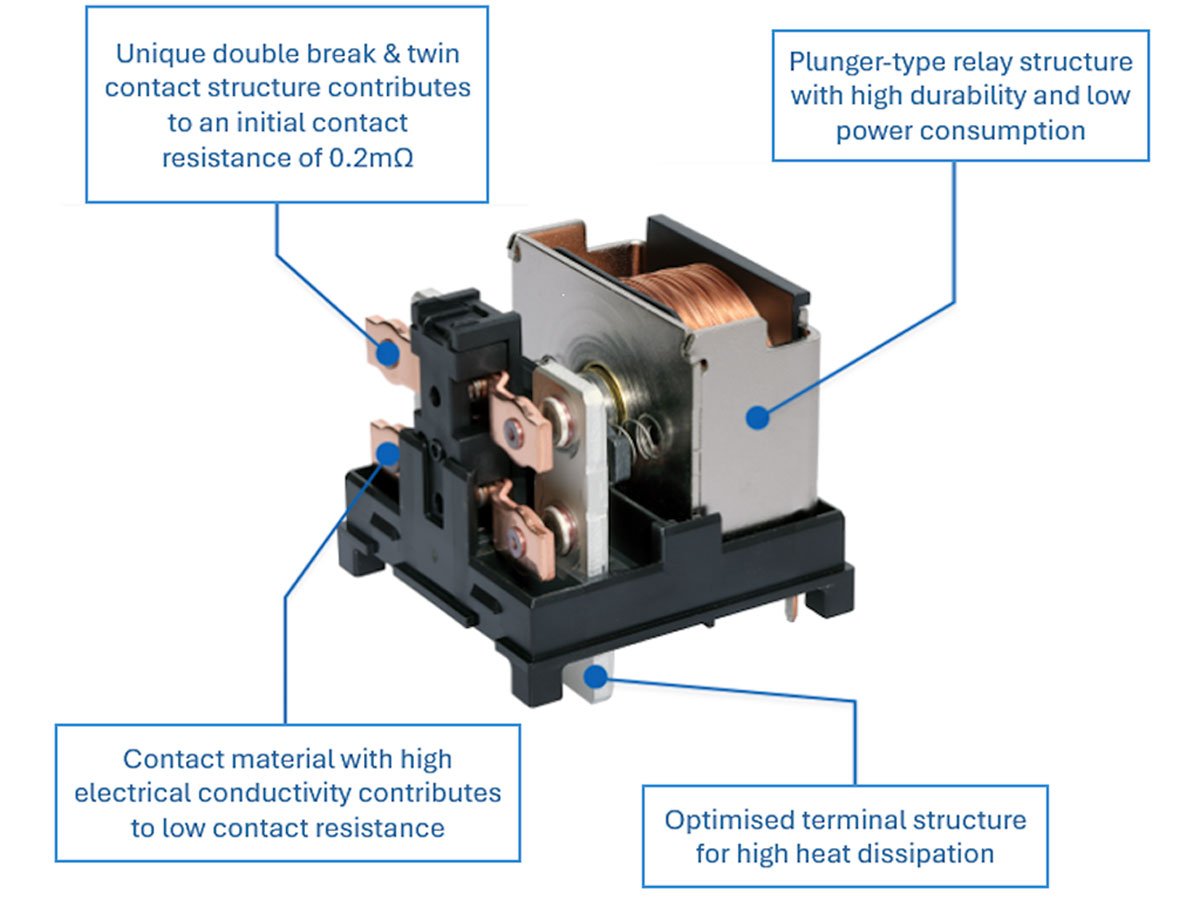Originally, focusing on travel for passengers, the Virgin Hyperloop has shifted its attention to cargo due to global supply-chain issues and COVID-19. The company is also acting in response to demand for a cargo-based system, therefore focusing its resources on this. This shift in focus also means there will be less regulatory process, and obviously less risk to passengers. The long term vision remains that Virgin Hyperloop will address passenger mobility.
“No one could have predicted the disruption the pandemic would have on the movement of freight and people,” said Interim CEO/CFO Raja Narayanan.
“Virgin Hyperloop technology is perfectly poised to fast-track cargo and address near term market opportunity that will likely last for years to come.”
The technology uses electric propulsion and electromagnetic levitation under vacuum like conditions. The pods would travel through tubes on magnetic tracks at more than 600mph, like those used by existing Maglev trains. Maglev, referring to magnetic levitation, is a train in a vacuum tube, using magnets to lift a train above the trails. This reduces friction, increasing possible speeds.
Virgin Hyperloop will provide hyperloop-enabled systems, facilitating fast, sustainable, and efficient delivery of palletised cargo around the world. The system will transport high-priority, time-sensitive goods including fresh produce and medical supplies.
Hyperloop technology aims to improve the reliability and resilience of supply chains by improving travel times, scheduling departures in real time, and reducing the likelihood of delays due to weather conditions.
In November 2020, the company tested the technology with two passengers, on a 500m test track, reaching speeds of 107mph.
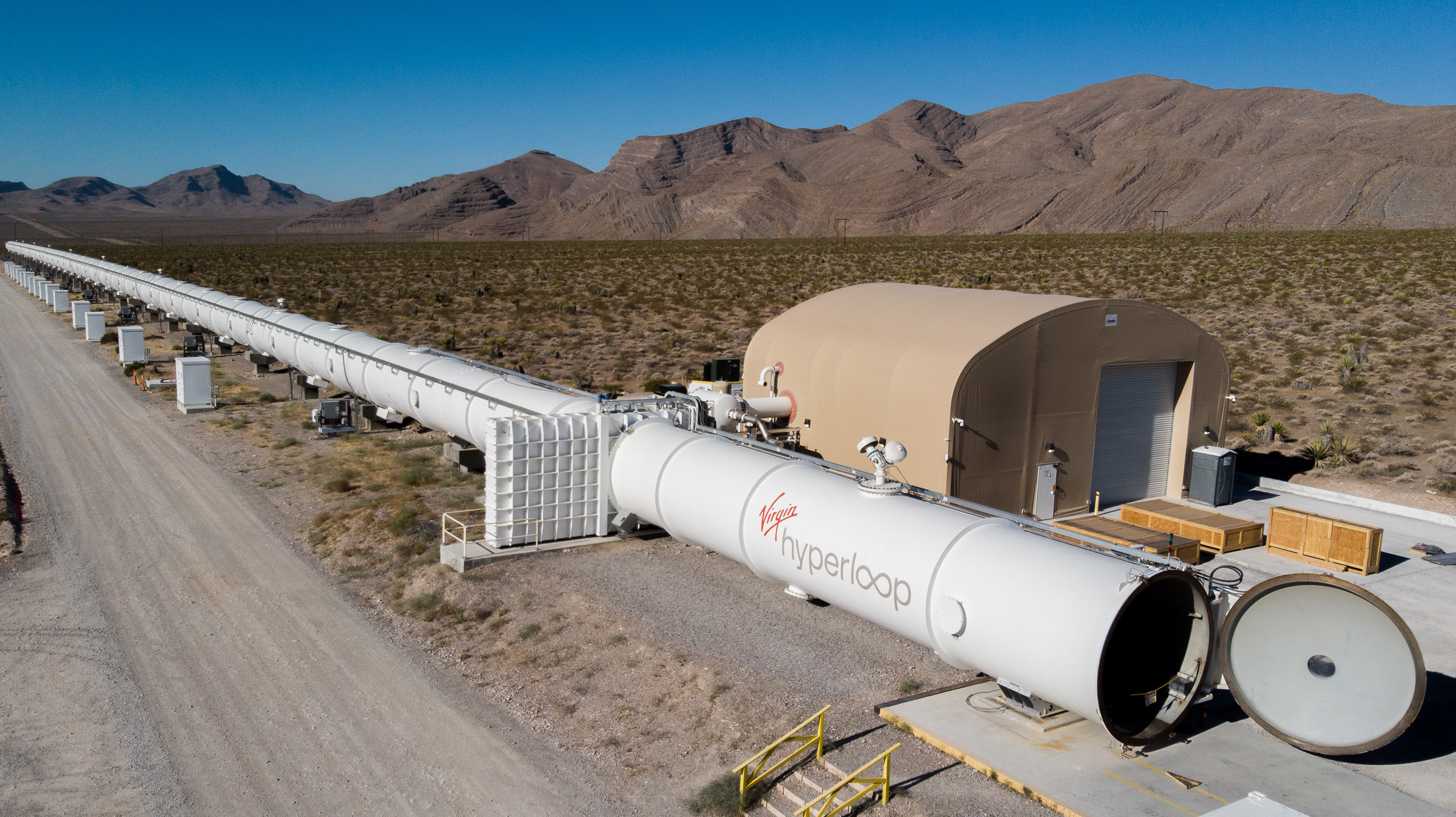
Pierre Chambion was appointed VP of Engineering and Head of Technology in January 2022. Chambion will oversee the design engineering functions for Virgin Hyperloop, including systems engineering, vehicle development, electromagnetic actuator development and power electronics.
“The world needs a viable near term solution to cargo movements and I am confident that we can make that happen,” said Champion.
Virign Hyperloop has announced that it is preparing to launch cargo solutions by the middle of the decade.
Experts, however, have expressed doubt about the engineering challenges and practicalities for such travel. There has also been concern over the cost of building such systems at scale, and the fact that currently, it is unable to cope with corners.





